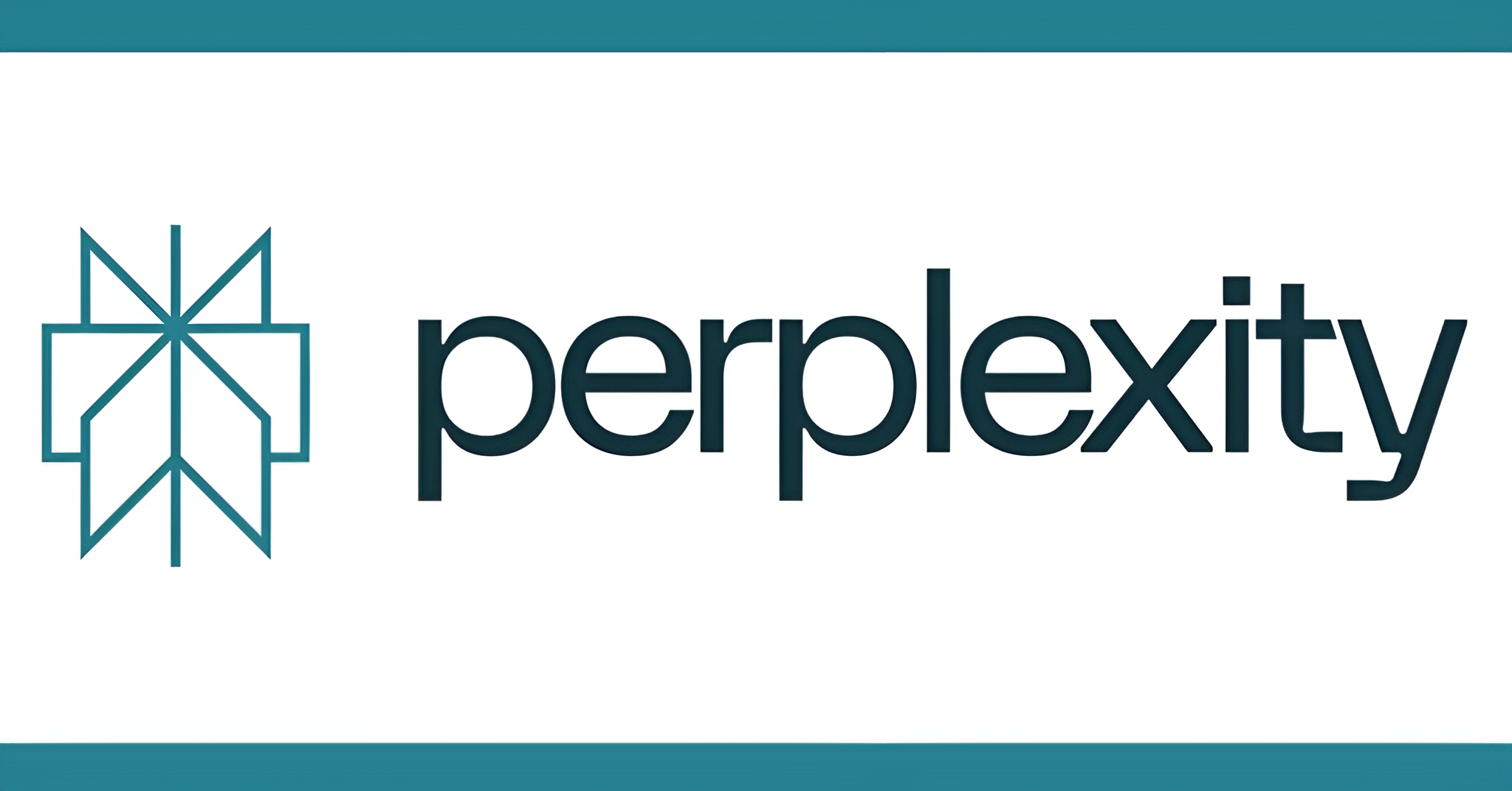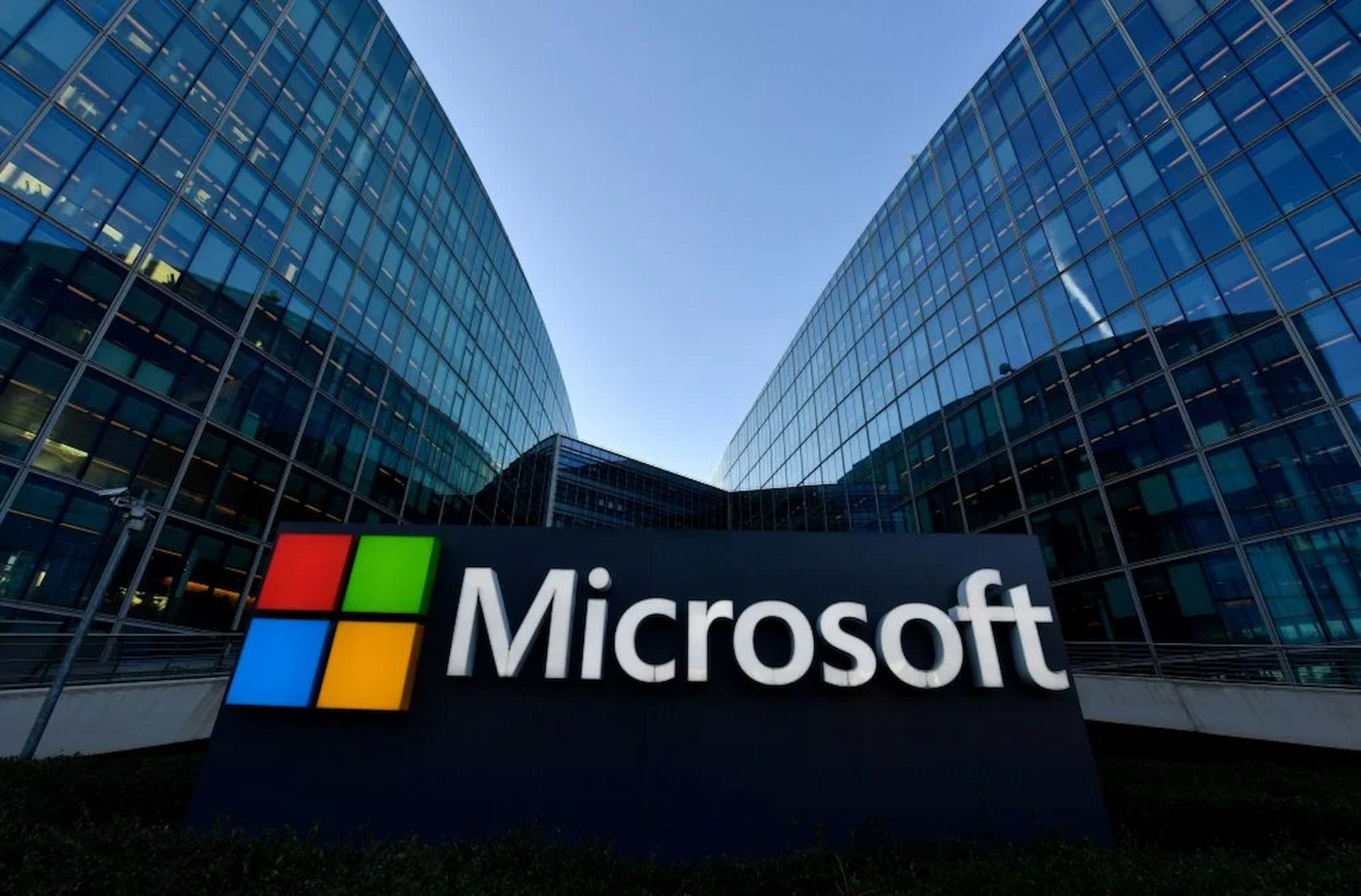Deutsche Telekom has joined the Theta Network as a strategic enterprise validator, alongside Google, Samsung and Sony. The company becomes the first major telecom provider to take part in securing the decentralised blockchain platform.
The partnership involves staking THETA tokens and operating validator nodes that support Theta’s layer-1 infrastructure for AI, cloud and media applications. Deutsche Telekom’s unit, T-Systems MMS, will manage the validator operations.
Theta Labs said the collaboration enhances network resilience and underlines growing enterprise interest in decentralised computing. The project’s EdgeCloud system is designed to distribute AI workloads across global nodes more efficiently.
Deutsche Telekom noted that Theta’s decentralised model aligns with its vision of providing reliable, scalable cloud and edge services for future digital ecosystems.
Would you like to learn more about AI, tech and digital diplomacy? If so, ask our Diplo chatbot!









